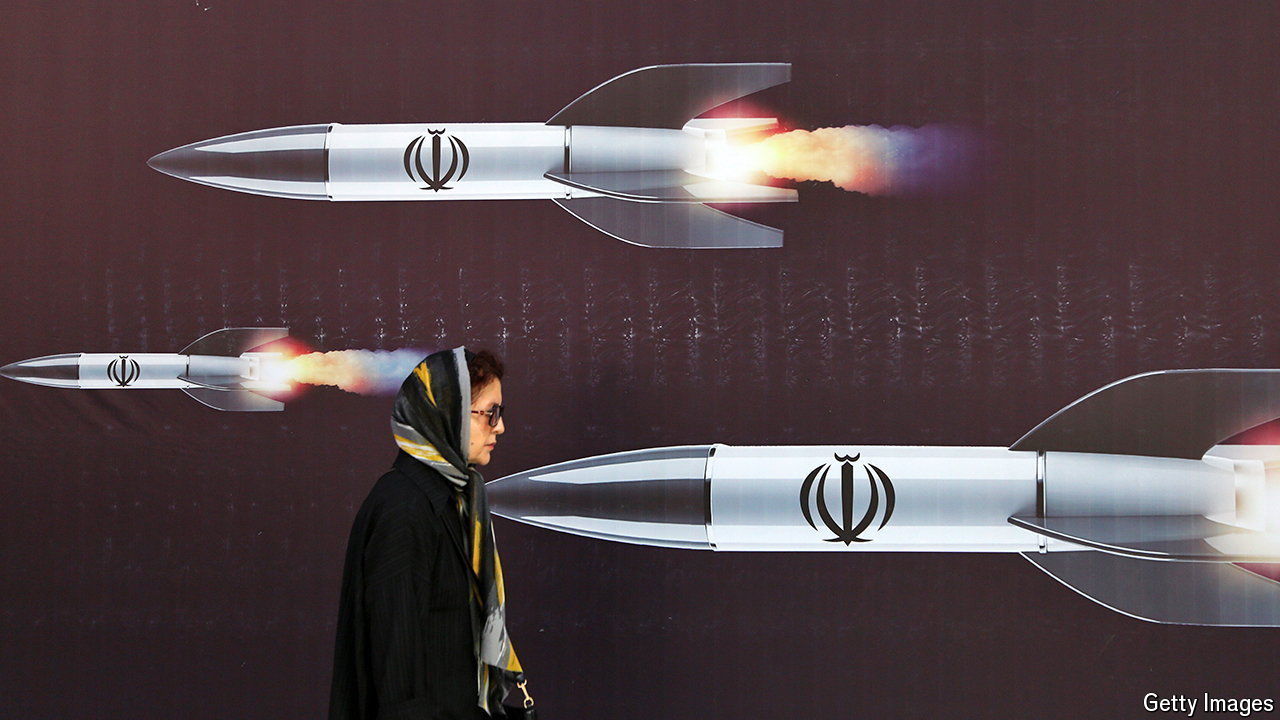The Israeli government vowed to retaliate against Iran’s unprecedented missile attack on Israel, with more than 180 ballistic missiles that were largely intercepted by Israel’s air defenses. Analysts suggest that Israel, backed by the U.S., will retaliate militarily, economically, or through cyber warfare in an effort to restrain Iran’s offensive capabilities without escalating into full-scale war.
Attacking Iran’s Military Facilities
Most directly, this probably would include strikes on military facilities of Iran, namely those involved in the missile production which was used against Israel on Tuesday. But this should also include removing missile-launching facilities, air defense systems, and this would have a clear sign of deterrence. If military targets are attacked, it might create an in-kind retaliation, but every Israeli step in this direction has to be strategically precise; otherwise, an escalation can bring Iran to increase regional activities.
Susceptible nuclear installations
Israel has been sending out all sorts of signals that it may well decide to bomb Iran’s nuclear facilities. That could place Iran’s nuclear ambitions in reverse gear, but experts have warned that this would elicit a strongly negative response from the other side, setting off a chain reaction that will force Iran to hasten its nuclear program. That is something that Washington has always shunned, at least until the Israeli government under Netanyahu makes such decisiveness necessary. But with this, the entire region may find itself destabilized.
Another point of pressure could be on the petroleum production facilities within Iran, targeting the very core of its economy. That would impact the oil supply chain in the rest of the world, thus triggering a sharp increase in the price of oil worldwide ahead of U.S. elections. It is then easy to anticipate that higher oil prices may influence people’s decision in favor of the change in leadership for the next U.S. elections, particularly former President Trump. It is not clear if this would discourage Israel, but some analysts believe an increase in oil prices would stretch the U.S.-Iran relationship further.
Cyber Warfare and Economic Sanctions
If that is not enough, there is cyber warfare. The country can use its Unit 8200, which is considered one of the most elite intelligence and cyber units, to conduct attacks on its adversaries. Its recent operations against Hezbollah proved that Israel can destabilize its adversaries without going on an open military campaign. A successful cyber attack against Iran might well cripple its military or economic operations without violating any red lines that might prompt the Iranians to respond immediately in kind. Meanwhile, additional economic sanctions might be used, although there is not much left for the White House to squeeze beyond current sanctions that restrict virtually all of the U.S. trade with Iran.
The Biden administration’s reaction will determine at least partially the intensity and scope of Israeli actions should it opt to escalate U.S. sanctions against Iran or silently support an Israeli offensive against it. For now, the U.S. and Israel face a difficult balancing act: responding sternly to Iran’s provocation without triggering a regional conflagration that imperils their strategic interests.















